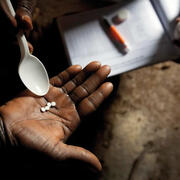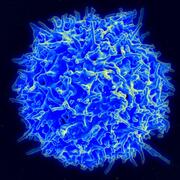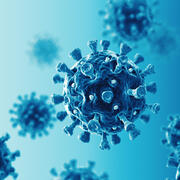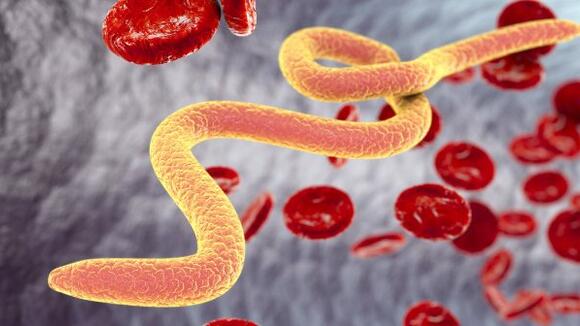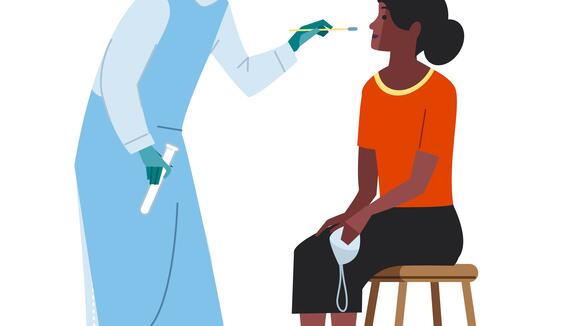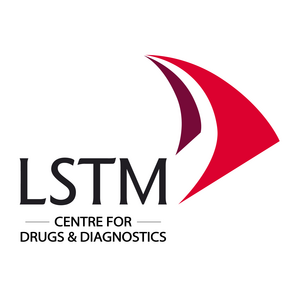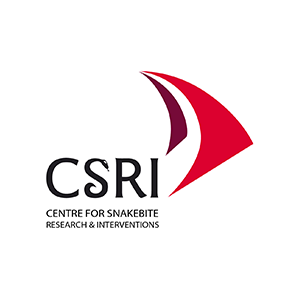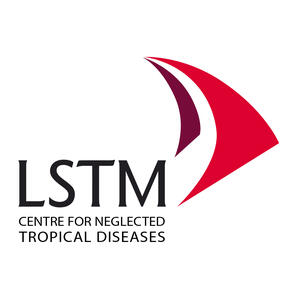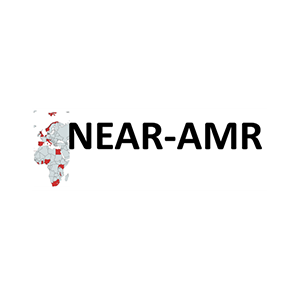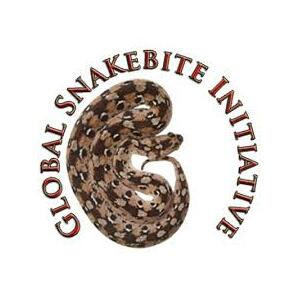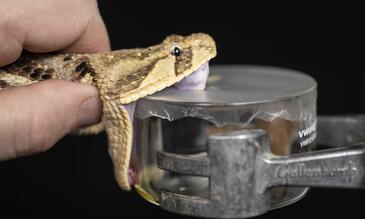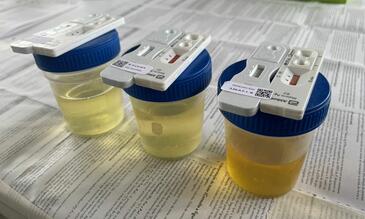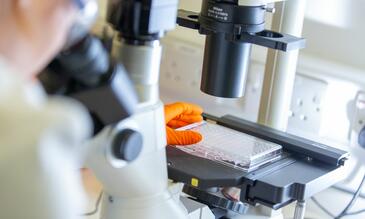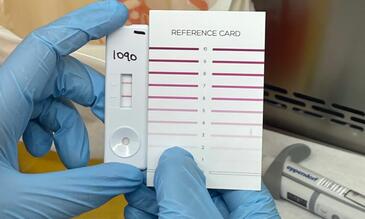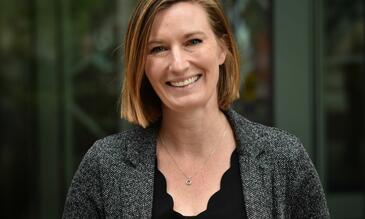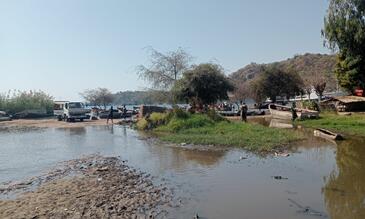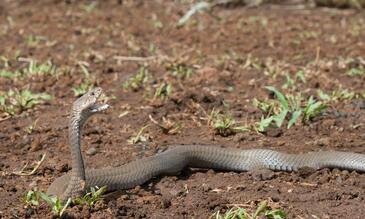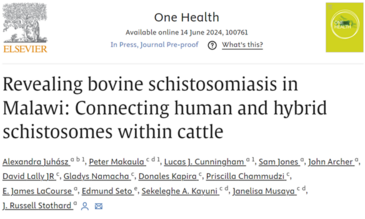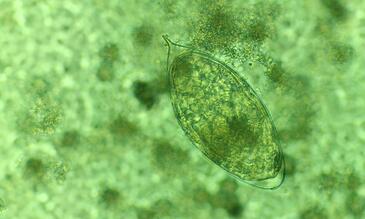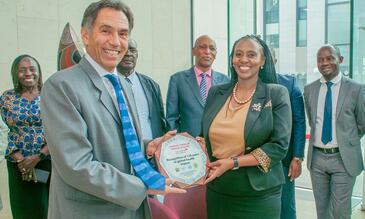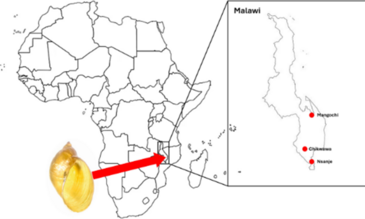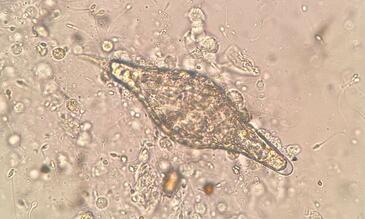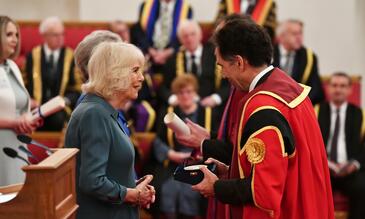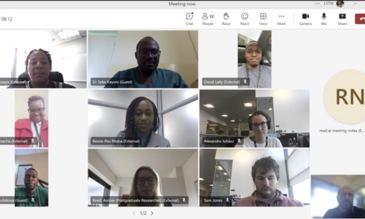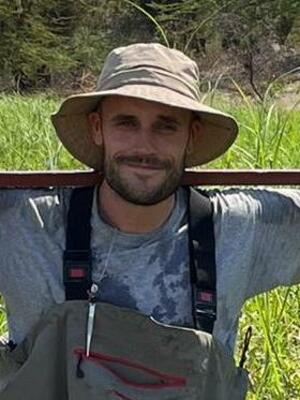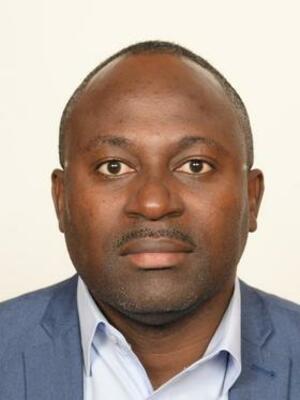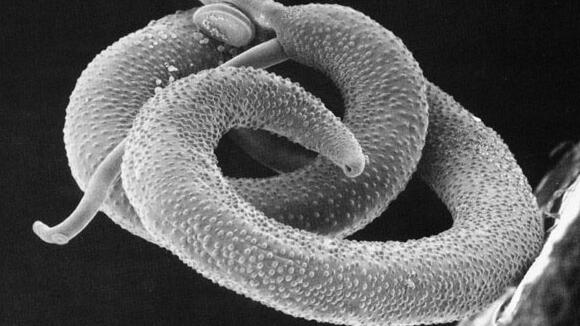
The Department of Tropical Disease Biology (TDB) is a leading national and international research and teaching department with a focus on translational research of tropical infectious diseases.
The vision of TDB is aligned to that of LSTM’s to “save lives in resource poor countries through research, education and capacity strengthening”. To that end, research within the TDB department is focused on solutions that have the potential to have a material impact on the health and well-being of people from resource poor settings.
Research philosophy
TDB has translational research at its core, with activity in ‘product discovery and development’, ‘translation of knowledge into practice’ and ‘capacity strengthening’.
As a result staff within TDB operate across the full spectrum of the translational continuum:
T1 – Basic science,
T2 - Human evidence-based research,
T3 - Research that moves evidence-based guidelines into health practice, and
T4 - Research that seeks to move health practice into population health impact.
We view translational research as a continuum not as unidirectional. We recognise that to maximise impact and synergy all translational activities need to interact.
Research focus
The department carries out world leading research across all of the major human infections to address unmet global health challenges, these include emerging diseases (e.g. Zika, SARS-Cov-2), multi-drug resistant (MDR) bacteria (e.g. MDR M. tuberculosis and WHO-identified priority AMR pathogens), malaria, and neglected tropical diseases (NTDs) such as intestinal nematodes or soil-transmitted helminths, schistosomes, filarial worms and snake bite.
Partnerships
Translational research is collaborative by definition and the department’s major achievements have always been delivered through partnerships. TDB operates globally and has developed close links with academic and non-academic partners including governmental, non-governmental organisations (NGOs), product development partnerships (PDPs) and industry (large pharma and SMEs) in over 50 countries, predominantly in LMICs. A key guiding principle to TDB partnerships is that all partners have an equitable role and an equitable share of the success/impact within these relationships.
Major overseas activities include the Malawi-Liverpool-Wellcome Programme. The strong functional links between TDB staff and colleagues in endemic-countries allow the smooth translation of research from bench-to-application. Conversely, the linkages also allow the seeding of new impact-directed research questions from our intervention programmes into our laboratories.
Infrastructure & facilities
TDB predominantly resides within the Centre for Tropical Infectious Diseases (CTID) building which has 22 Containment Level 3 laboratories (the highest density of such labs in one location in UK academia) and a containment level-3 insectary (used in collaboration with the department of Vector Biology).
Within CTID, the full life cycles of most of the major human parasites and arboviruses can be reproduced, including HG3 bacteria such as MDR Mycobacterium tuberculosis. TDB also hosts a UK Home Office accredited herpetarium consisting of the largest and most diverse collection of venomous snakes in the UK.
In terms of facilities, TDB has a dedicated chemistry laboratory and a robotic High Throughput Screening platform housed in a HG3-containment laboratory allowing whole cell (pathogen) screening, again unique within the academic sector in the UK. A state-of-the-art analytical laboratory supports drug metabolism and pharmacokinetic studies from lead optimisation to clinical trials as well as proteomic and metabolomic studies. TDB also houses a HG3-imaging suite with stand-alone confocal and two high-content screening platforms and a flow cytometer/cell sorter providing the ability of studying important human pathogens that cause severe disease and death rather than non-pathogenic surrogates. The TDB department is also home to the Research Computing Unit. The Unit develops and deploys bioinformatics tools for translational tropical medicine and is engaged in a number of collaborative projects with other research groups in LSTM.
Research culture
As with many academic departments in the UK, TDB recognises there is a disparity in the representation of gender, ethnicity and individuals with disabilities, especially at more senior levels. To address this, TDB promotes positive actions for the recruitment, retention and progression of underrepresented groups. The health and well-being of our staff is paramount, and we promote a positive work-life balance and support flexible working arrangements for all. TDB adheres to the San Francisco Declaration on Researcher Assessment (DORA), committing to making assessments of research performance based primarily on the quality of the research, judged by peer review. This approach helps ensure a transparent and fair consideration of research quality, across a broader range of outputs (e.g. assessing impact and not just publications) and against researchers at different career stages. TDB is fully aligned to the UK Consortium on Research Integrity and has developed an action plan which includes a pro-active approach to standards in the laboratory, in research on human subjects and in systematic review-based research.
TDB department is fully committed to improving the careers, employment and support for researchers and have pro-actively engaged with this activity through the implementation of The Concordat to Support the Career Development of Researchers. As a result, researchers have access to a broad range of training opportunities, internal pump-priming and fellowship awards and there has been integration of early career researcher (ECR) participation within decision-making structures.
Learning & teaching
TDB is involved in a very broad range of teaching activities, including the undergraduate Tropical Disease Biology programme in collaboration with the University of Liverpool, LSTM’s Masters in Tropical Disease Biology and LSTM’s DTM&H course. TDB has a vibrant PhD community through activities such the MRC Doctoral Training Programme in translational and quantitative research in Global Health and runs training fellowships such as the MRC Skills Development Fellowships.
